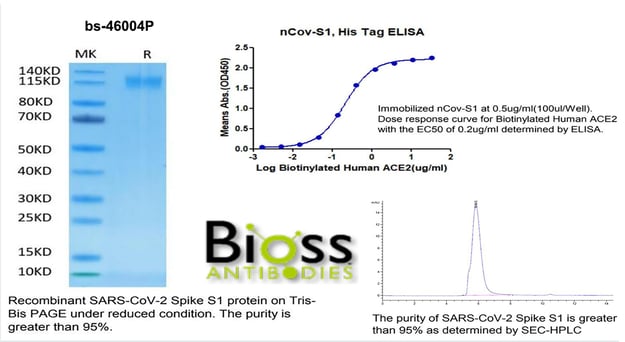COVID-19 is a disease caused by a new coronavirus (called SARS-CoV-2). So far, there are more than 6 million Americans infected with this virus during the past several months, and there is no good medication for this disease. This kind of virus can bind to the ACE2 receptor in the lung airway epithelial cells, therefore inducing inflammation storm in the lung and subsequently leading to loss of respiratory function and death of patients in the end if unable to recover.

It is emerging that gut microbiota community optimization can protect against the inflammation of lung tissue. The human gut microbiota consists of 1014 resident microorganisms, including bacteria, archaea, viruses, and fungi. Primarily, the gut bacteria in healthy individuals is dominated by four phyla: Actinobacteria, Firmicutes, Proteobacteria, and Bacteroidetes. The colon harbors an extremely high density of bacteria in the families Bacteroidaceae, Prevotellaceae, Rikenellaceae, Lachnospiraceae, and Ruminococcaceae. The gut microbiota plays a crucial role in health through its protective, trophic, and metabolic actions. Interestingly, the short-chain fatty acids (SCFAs), such as acetic acid, propionic acid, and butyric acid produced from dietary fiber by gut microbiota fermentation, can modulate immunity. Using the mouse model, some labs have confirmed that SCFAs can inhibit inflammation, which provides a potential way to treat COVID-19 by supplementing dietary fiber or probiotics, such as Lactobacillus and Bifidobacterium, utilized as the substrate and the enzyme system respectively for the production of SCFAs. It is of note that many people with COVID-19, especially for severe patients, experienced gastrointestinal symptoms like diarrhea, indicating the gut microbiota dysbiosis and the deficiency of SCFAs. This observation raised a fascinating possibility, i.e., strategies to restore the gut microbiota and boost the production of SCFAs may play a critical role in facilitating the COVID-19 treatment.

It is well known that gut bacteria ferment dietary fiber to produce SCFAs, which maintain the gut barrier and show anti-inflammatory effect by induction of Treg cell differentiation and expression of anti-inflammatory cytokines. Besides lung epithelial cells, SARS-CoV-2 also infects gut epithelial cells through the ACE2 receptor, resulting in the gut barrier dysfunction. Consequently, bacterium components such as lipopolysaccharides in Gram-negative bacteria enter the circulatory system, leading to inflammation of the aortic wall and initiation of atherosclerotic plaque formation. This is the reason why a large number of COVID-19 patients died of a heart attack at the end rather than pneumonia.
Given that the hallmark of healthy gut microbiota is the high diversity of bacteria, the vulnerability of populations of elderly, obese, and diabetes to SARS-CoV-2 could be attributed to the decreased gut microbiota diversity and SCFAs. If this is the case, optimizing gut microbiota by oral administration of probiotics and supplementing dietary fiber may be an effective therapeutical means to treat COVID-19 and reduce its mortality.
_____________________________________________________________________________
Further readings:
1. Dhar D, Mohanty A. Gut microbiota and Covid-19- possible link and implications. Virus Res. 2020;285:198018. doi:10.1016/j.virusres.2020.198018
2. Corrêa-Oliveira R, Fachi JL, Vieira A, Sato FT, Vinolo MA. Regulation of immune cell function by short-chain fatty acids. Clin Transl Immunology. 2016;5(4):e73. Published 2016 Apr 22. doi:10.1038/cti.2016.1
3. Li M, van Esch BCAM, Wagenaar GTM, Garssen J, Folkerts G, Henricks PAJ. Pro- and anti-inflammatory effects of short chain fatty acids on immune and endothelial cells. Eur J Pharmacol. 2018;831:52-59. doi:10.1016/j.ejphar.2018.05.003
4. Parada Venegas D, De la Fuente MK, Landskron G, et al. Short Chain Fatty Acids (SCFAs)-Mediated Gut Epithelial and Immune Regulation and Its Relevance for Inflammatory Bowel Diseases [published correction appears in Front Immunol. 2019 Jun 28;10:1486]. Front Immunol. 2019;10:277. Published 2019 Mar 11. doi:10.3389/fimmu.2019.00277
5. Chambers ES, Preston T, Frost G, Morrison DJ. Role of Gut Microbiota-Generated Short-Chain Fatty Acids in Metabolic and Cardiovascular Health. Curr Nutr Rep. 2018;7(4):198-206. doi:10.1007/s13668-018-0248-8
